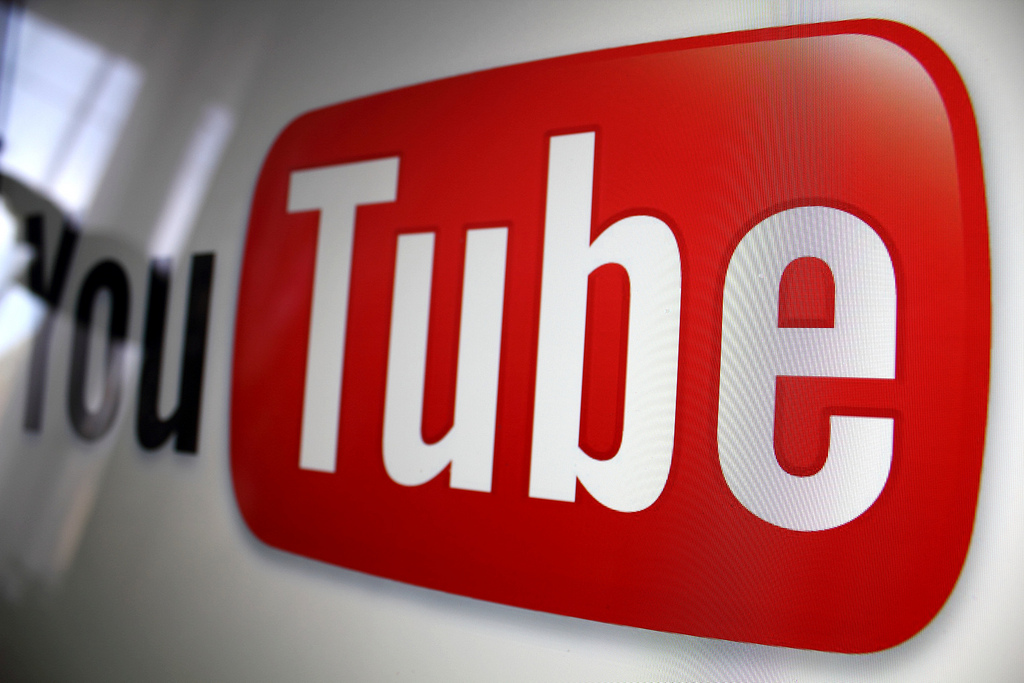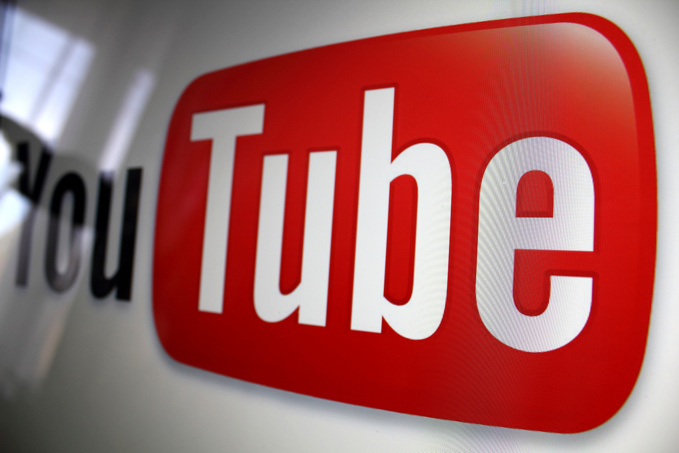The Committee of the European Parliament on Legal Affairs on June 20, 2018 approved the draft of a new EU directive on copyright protection. If the initiative is approved by the parliament, it can significantly change the regulation of copyright in the EU.
One of the provisions stipulates that Internet services, which allow users to download a large amount of content and provide access to such content, must enter into licensing agreements with right holders to ensure legitimate use of other people's content. Otherwise, Internet services will be obliged to use filters to search and delete content of copyright owners, which other users download with copyright infringement.
To put it simply, Internet services will become responsible for copyright infringement. According to the project’s authors, it will make Internet services take a more active position in protecting such rights. The directive will also affect Internet users. Internet services will be required not only to track what content is downloaded by users, but also to delete content that may violate someone else's rights. A similar system already operates on YouTube (Content ID). If the directive is adopted, other Internet services will be required to introduce similar filters.
Sanctions for the violation are not yet described, but they can be further stipulated in the laws of the EU. The member countries will have to enact appropriate laws to comply with the directive. Most likely, the amount of fines for violation of intellectual rights will strongly depend on particularities of the case. And the claims can be quite substantial. Back in 2007, Viacom, a media holding, sued YouTube for $ 1 billion. At the same time, there are billions of websites which right holders are demanding to close.
Right holders are actively advocating for the introduction of new rules. At the moment, Internet services that work with user content (for example, YouTube or Twitter), as a rule, are not responsible for the violation of copyright by users, if the service timely deletes the user-uploaded controversial content at the request of rightholders. Besides, they are not required to conclude license agreements with the right holders. Only when Internet services receive content from rightholders directly (like audio streaming service Spotify does), they enter into licensing agreements with rights holders and pay them for using their content.
However, rightholders believe that such a situation unfairly restricts their ability to receive revenues from their own content, while the Internet services are benefiting from other people's content, without paying anything to the right-holders.
Leading Internet experts (including the creator of the www protocol Tim Berners-Lee, one of the inventors of the Internet addressing system Vinton Cerf and the founder of Wikipedia Jimmy Wales) criticized the draft directive. Scientific centers dealing with the problems of the legal regulation of intellectual property and innovations, as well as human rights organizations, joined them.
Critics of the directive are drawing attention to a number of negative consequences for the Internet.
Removing legitimate content. The draft directive obliges Internet services to prevent unauthorized placement of other people's content and prevent the previously downloaded content from being re-downloaded. However, the technical means used for this purpose cannot always establish reliably whether the content was placed in violation of the rights of its right holder. There is a case where the YouTube Content ID system mistakenly identified a user-uploaded video as a pirated video.
The video’s author , a user who promotes a healthy diet, was picking up wild herbs for cooking salad. The video contained sounds of chirping birds, similar to copyrighted music. And so the user was accused in stealing content.
In another case, access to the record of the Harvard Law School lecture about copyright was blocked because the lecturer used short excerpts from musical works. In controversial situations, even if Internet services are not sure that the placed content violates the law, they are likely to remove questionable content in order to avoid claims of right holders and related legal costs.
Mass surveillance. To prevent the content from being uploaded and re-downloaded, Internet services will be forced to monitor everything. The technical means used to protect copyrights can be used for other, more controversial purposes, in particular to monitor users.
Barrier for competition. The introduction and maintenance of automatic filters necessary to search and remove controversial content will require significant costs. Only large Internet companies will be able to afford to spend resources to create such systems. This will become a barrier for new startups that use custom content in their activities. Overall, it will reduce competition in the digital economy and slow it down.
source: forbes.com
One of the provisions stipulates that Internet services, which allow users to download a large amount of content and provide access to such content, must enter into licensing agreements with right holders to ensure legitimate use of other people's content. Otherwise, Internet services will be obliged to use filters to search and delete content of copyright owners, which other users download with copyright infringement.
To put it simply, Internet services will become responsible for copyright infringement. According to the project’s authors, it will make Internet services take a more active position in protecting such rights. The directive will also affect Internet users. Internet services will be required not only to track what content is downloaded by users, but also to delete content that may violate someone else's rights. A similar system already operates on YouTube (Content ID). If the directive is adopted, other Internet services will be required to introduce similar filters.
Sanctions for the violation are not yet described, but they can be further stipulated in the laws of the EU. The member countries will have to enact appropriate laws to comply with the directive. Most likely, the amount of fines for violation of intellectual rights will strongly depend on particularities of the case. And the claims can be quite substantial. Back in 2007, Viacom, a media holding, sued YouTube for $ 1 billion. At the same time, there are billions of websites which right holders are demanding to close.
Right holders are actively advocating for the introduction of new rules. At the moment, Internet services that work with user content (for example, YouTube or Twitter), as a rule, are not responsible for the violation of copyright by users, if the service timely deletes the user-uploaded controversial content at the request of rightholders. Besides, they are not required to conclude license agreements with the right holders. Only when Internet services receive content from rightholders directly (like audio streaming service Spotify does), they enter into licensing agreements with rights holders and pay them for using their content.
However, rightholders believe that such a situation unfairly restricts their ability to receive revenues from their own content, while the Internet services are benefiting from other people's content, without paying anything to the right-holders.
Leading Internet experts (including the creator of the www protocol Tim Berners-Lee, one of the inventors of the Internet addressing system Vinton Cerf and the founder of Wikipedia Jimmy Wales) criticized the draft directive. Scientific centers dealing with the problems of the legal regulation of intellectual property and innovations, as well as human rights organizations, joined them.
Critics of the directive are drawing attention to a number of negative consequences for the Internet.
Removing legitimate content. The draft directive obliges Internet services to prevent unauthorized placement of other people's content and prevent the previously downloaded content from being re-downloaded. However, the technical means used for this purpose cannot always establish reliably whether the content was placed in violation of the rights of its right holder. There is a case where the YouTube Content ID system mistakenly identified a user-uploaded video as a pirated video.
The video’s author , a user who promotes a healthy diet, was picking up wild herbs for cooking salad. The video contained sounds of chirping birds, similar to copyrighted music. And so the user was accused in stealing content.
In another case, access to the record of the Harvard Law School lecture about copyright was blocked because the lecturer used short excerpts from musical works. In controversial situations, even if Internet services are not sure that the placed content violates the law, they are likely to remove questionable content in order to avoid claims of right holders and related legal costs.
Mass surveillance. To prevent the content from being uploaded and re-downloaded, Internet services will be forced to monitor everything. The technical means used to protect copyrights can be used for other, more controversial purposes, in particular to monitor users.
Barrier for competition. The introduction and maintenance of automatic filters necessary to search and remove controversial content will require significant costs. Only large Internet companies will be able to afford to spend resources to create such systems. This will become a barrier for new startups that use custom content in their activities. Overall, it will reduce competition in the digital economy and slow it down.
source: forbes.com



















